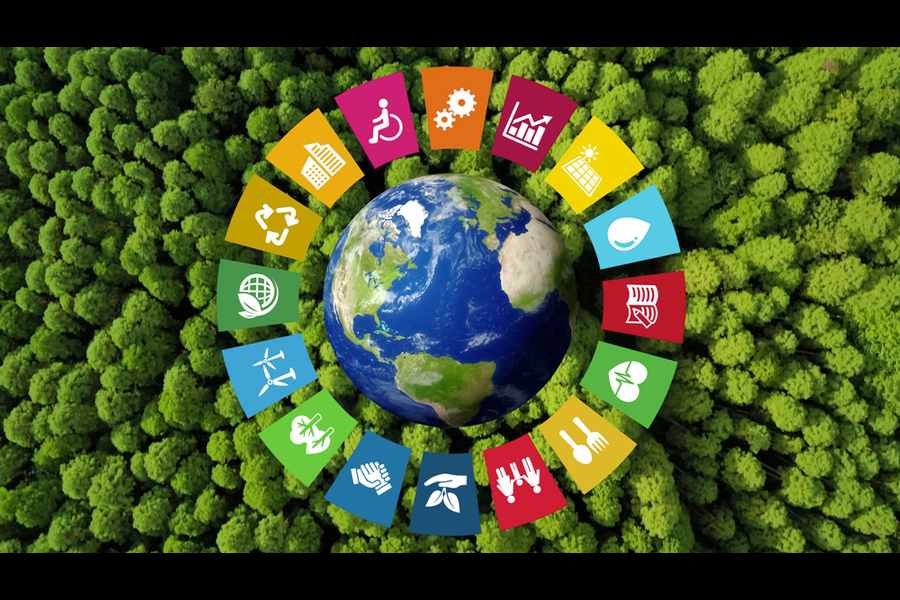India ranks 112th among 166 countries, only above Pakistan and Afghanistan in South Asia, based on its performance in 2023 towards achieving the UN-mandated Sustainable Development Goals, a report released on Wednesday says.
The State of India’s Environment 2024 report, published by the think tank Centre for Science and Environment (CSE), is based on the United Nations-backed Sustainable Development Report 2023, where the rankings appear.
India has, with a score of 63.45 per cent, been found to be on track on parameters like “poverty” and “sustainable consumption”, and to have done well in “climate action” — where its performance has not improved from the previous year’s, though — and “responsible consumption”.
However, the country’s performance has deteriorated on “reducing inequalities” and on “life on land” — which relates to conserving biodiversity and where India is close to the bottom of the table.
India has done poorly on “sustainable cities”, “equality”, “clean water and sanitation” and “peace, justice and strong institutions”. It has stagnated on parameters like “no hunger” and “sustainable cities and communities”.
The UN adopted the Sustainable Development Goals (SDGs) — 17 in all — in 2015 as a universal call to action to end poverty and protect the planet, and ensure that by 2030 everyone enjoys peace and prosperity. Experts say the 2030 deadline is unlikely to be met.
Although India has improved its ranking from the previous year — it was 121st in 2022 — it still trails countries like Bhutan (61st, the best in South Asia), the Maldives (68th), Sri Lanka (83rd), Nepal (99th) and Bangladesh (101st). Pakistan is at 128th while Afghanistan is 158th.
India’s score of 63.45 per cent in 2023 marks a small improvement over the previous year’s 60.3 per cent.
“India is behind many South Asian countries in (its performance towards) achieving its Sustainable Development Goals, and it seems that its economic process has not adequately rubbed off on the parameters linked to broad societal quality of life agendas,” the former UN undersecretary-general for economic and social affairs, Nitin Desai, told The Telegraph.










